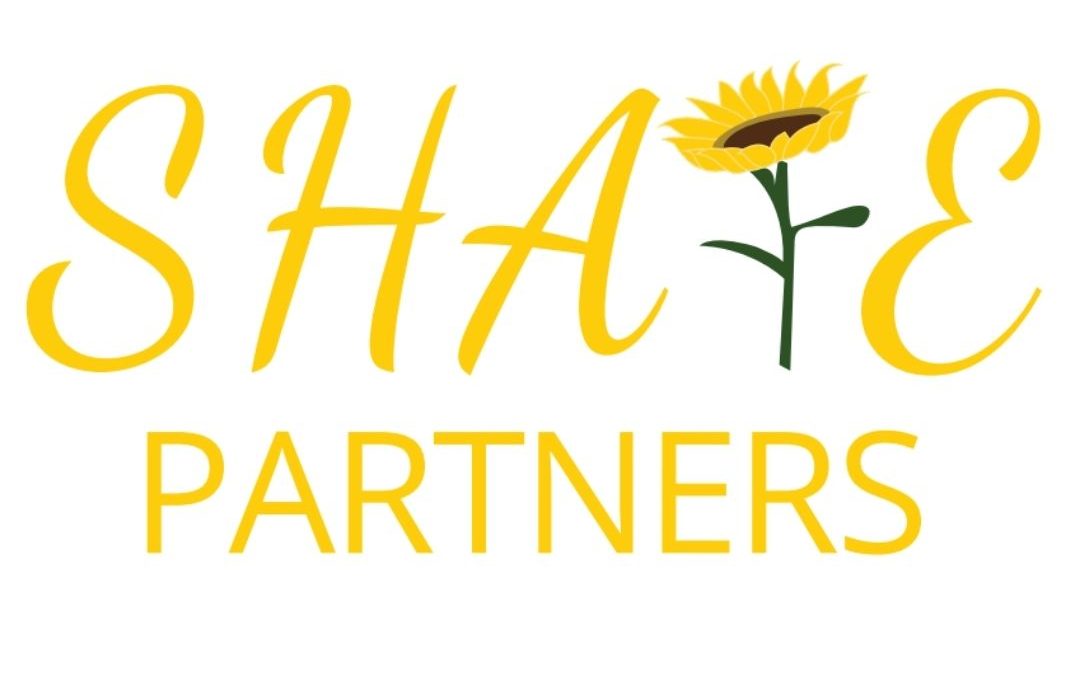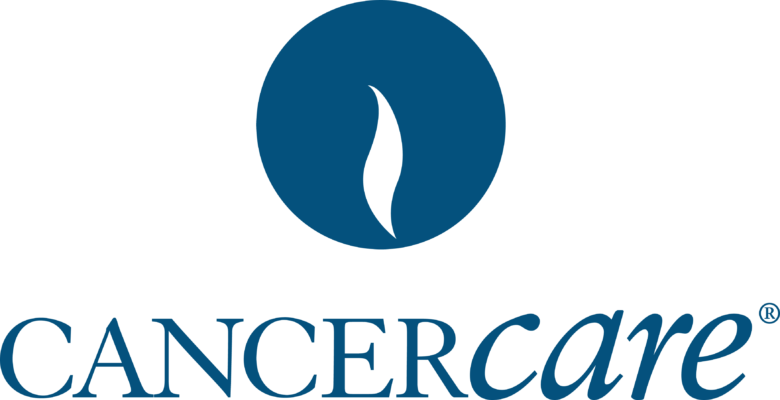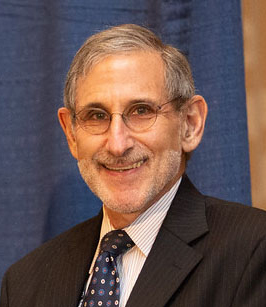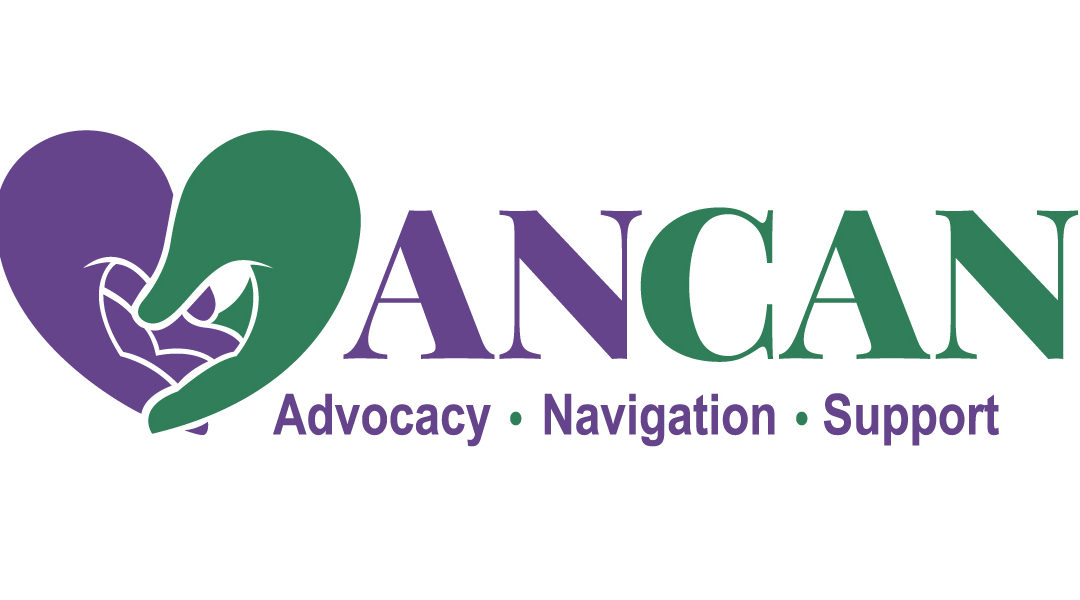
by Alexa Jett | Jan 21, 2021 | AYA, Blood Cancers, Brain Tumors, Cancer Caregivers, Cancer Resources, Men 'Speaking Freely', Men's Breast Cancer, Multiple Sclerosis, Ovarian Cancer, Prostate Cancer, RMC, Sarcoidosis, Thyroid Cancer
At our last Cancer Caregivers Virtual Support Group meeting, Wendy Garvin Mayo, APRN, RN brought a wonderful resource to our attention!
Ho’oponopono – is a Hawaiian practice of reflection and forgiveness. On Saturday, January 24rd at 11am EST, Cindy Cooley Brockway and I are hosting a second Morning Shared Journaling Experience that is a reinterpretation of this beautiful practice.
”I’m sorry. Please forgive me. Thank you. I love you.” Gentle, cleansing, creative and refreshing.
Hope you can join us: click the link to join https://us02web.zoom.us/j/89798556209
I’m certain this is a can’t miss event for healing. Thank you so much that you do for our community, Wendy!
For information on our peer-led video chat CANCER CAREGIVERS VIRTUAL SUPPORT GROUP, click here.
To SIGN UP for the Group or any other of our AnCan Virtual Support groups, visit our Contact Us page

by Alexa Jett | Jan 21, 2021 | Webinars
At AnCan, we LOVE friends! And helping you get resources you need to empower you to “Be Your Own Best Advocate!” Here are some great, informative, and FREE resources from our partner CancerCare. Be sure and check them out!
The 9/11 Community, Cancer & COVID-19: The Free World Trade Center Health Program & 9/11 Victim Compensation Fund
Monday, January 25, 2021 from 1:30 to 2:30 pm Eastern Time
New Trends in the Treatment of Thyroid Cancer
Friday, January 29, 2021 from 1:30 to 2:30 pm Eastern Time
Current Perspectives on Cancer Survivorship
Tuesday, February 9, 2021 from 1:30 to 2:30 pm Eastern Time
New Perspectives in the Treatment of Advanced Skin Cancer: Advanced Basal Cell and Squamous Cell Cancers
Monday, February 22, 2021 from 1:30 to 2:30 pm Eastern Time
Advances in the Treatment of Colorectal Cancer
Monday, March 8, 2021 from 1:30 to 2:30 pm Eastern Time
Progress in the Treatment of Follicular Lymphoma
Monday, March 22, 2021 from 1:30 to 2:30 pm Eastern Time
Update on the Treatment of Endometrial Cancer
Tuesday, March 23, 2021 from 1:30 to 2:30 pm Eastern Time
Emerging Importance of Telemedicine/Telehealth Appointments in Communicating with Your Health Care Team
Wednesday, March 31, 2021 from 1:30 to 2:30 pm Eastern Time
Update on Clinical Trials: How They Work
Wednesday, April 7, 2021 from 1:30 to 2:30 pm Eastern Time
Advances in the Treatment of Renal Cell Cancer
Friday, April 9, 2021 from 1:30 to 2:30 pm Eastern Time

by Alexa Jett | Jan 20, 2021 | Cancer Resources, Advocacy, Prostate Cancer, Recent News
Dr. Herbert Geller, researcher and AnCan Advisory Board Member, had some great thoughts to share about clinical trials titled “Seeing Clinical Trials From Both Sides” for our partner ZERO – The End of Prostate Cancer. We liked it so much, we wanted to share it with you again. Thank you so much Dr. Geller for being an important part of AnCan, and the patient community.
Like many men with prostate cancer, my introduction to clinical trials started with my primary care doc saying “Your PSA of 3.1 is higher than last year, so let’s get it checked out”.
Off to the urologist, who found that my prostate was enlarged and scheduled a biopsy. But before I underwent the biopsy, one of my colleagues at the National Institutes of Health (NIH), a prostate cancer survivor himself, suggested that I participate in a clinical trial at the National Cancer Institute whose goal was to test whether MRI may be used to diagnose prostate cancer.
As a scientist and researcher, the decision to participate was obvious – first, if the MRI was negative, I could be spared a biopsy, but if it wasn’t then I’d be in good hands. Unfortunately, it was the latter – both the MRI and biopsy found cancer that spread outside the prostate. And so began my journey as a prostate cancer patient and my involvement in clinical trials.
The NIH is our nation’s premier research organization, whose mission is to improve our health through discovery. Every patient here – including me – is always part of at least one clinical trial, if not more.
While my next scans seemed conventional – CAT scan, MRI, bone scans, DEXA scan – the next one, a PSMA-PET scan, was under another clinical trial to evaluate PSMA to detect metastases and compare it with conventional imaging. The FDA has now approved PSMA-PET for this purpose, but the FDA approval was based on data collected by a different clinical trial conducted at UCLA and UCSF. So those of us who participated in a PSMA-PET trial have contributed to a major advance in prostate cancer treatment.
After my diagnosis and treatment, I was then recruited to another clinical trial which required a biopsy of my bone metastases. Though this trial was more invasive and required anesthesia, and would not directly benefit me, I gladly volunteered. While there was some inconvenience, and I did lose about a half day’s work, I didn’t feel any pain and I returned to my lab.
While these trials were designed to improve the diagnosis and treatment of prostate cancer, I’m also part of a trial here to evaluate the psychological effects of a cancer diagnosis. Like the biopsy, this one is not going to benefit me, but hopefully will lead to new insights to help others through our ordeal.
At the moment, my condition is stable with current treatment, but if things change, then I’m prepared to move on to clinical trials that are testing new therapies. While the most novel trials are Phase 1, which are designed to test toxicity, I’d probably look at either late Phase 2 trials, which generally are testing novel therapies that were shown to have manageable toxicities in Phase 1, or Phase 3 trials, which are the final steps before approval. These trials can both help provide a cure as well as needed information to move the field forward.
Because I am both a medical researcher and a patient, I see clinical trials from both sides. They are essential to advance medical knowledge. Without careful observation and controlled studies, we’d be back to the age of snake oil. And, yes, as a patient, trials require a level of commitment above normal therapy, but that’s a small price to pay for medical progress.
For information on our peer-led video chat PROSTATE CANCER VIRTUAL SUPPORT GROUP, click here.
To SIGN UP for the Group or any other of our AnCan Virtual Support groups, visit our Contact Us page.

by Rick Davis | Jan 10, 2021 | Recent News, Advocacy, AYA, Blood Cancers, Brain Tumors, Cancer Caregivers, Cancer Resources, Health Resources, Maui, mCRPC, Men 'Speaking Freely', Men's Breast Cancer, Multiple Sclerosis, nmCRPC, Nutrition, Ovarian Cancer, Prostate Cancer, RMC, Sarcoidosis, Thyroid Cancer, Women's Breast Cancer
Our Board Chair and long time moderator, Peter Kafka, tells us how he fortuitoulsy got his Covid vaccination last week. For the first time, Peter adds the High Risk/Recurrent//Advanced Prostate Cancer Group to his Moderation repertoire this week.
POKEY MAN
i just returned this morning from getting my initial Covid-19 Moderna vaccination. Happy to report that it was an uneventful event. My anxiety level was increasing in recent days as our positive cases began to tick up considerably out here on little Maui in the middle of the Pacific ocean. Information here is slow to filter down and when I inquired about the shot I was tole that it would be some time in April or May since I was not yet 75 years old. Then, I got a surpise call from the Pacific Cancer Foundation which I volunteer for in a support and advocacy capacity and they told me that they could get me into their priority group today.
I am certainly not bragging about the above, but I mention it because there was absolutely no hesitation or concern in me about going forward with the vaccination. In the past 7-years I have been poked and scoped and proded more times then I can count. This kind of comes along with signing up for medical treatment for advanced prostate cancer. I understand that there may be as many as 40% of Americans who may decline getting a Covid-19 vaccination according to polls and predictions. And this is a personal choice in our society. But I doubt that those of us who find ourselves in this subset of Prostate Cancer guys would be so reluctant.
Over the years I have met men who chose not to enter into any kind of treatment for their more advanced prostate cancer diagnosis. Some of these men are still around and others not. I always wrestle with what my role is in this decision. I can encourage, I can strongly suggest that someone at least consult with a doctor who might be more pursuasive than me, and most of all I can point to myself as an example of a man who has not suffered from a host of medical treatments thus far. But in the end everyone must live or not with the decision they make.
The other day we had an AnCan Webinar with Dr. Jonathan Epstein, the go-to pathologist at Johns Hopkins for second opinions. He mentioned that he does actually consult with some of the men who reach out to him. This brought a smile to my face when I recalled a good friend who was leaning toward his own alternative treatments for his GL-4+3 diagnosis. I encouraged him to get a second opinion from Dr. Epstein. On his own he called the office and Dr. Epstein listened politely for 10 minutes while my friend described his alternative treatment protocol. Dr. Epstein responded, “That is all fine and good and you can continue with that protocol but you need to know that without medical intervention this disease can kill you!” That was all it took, a few weeks later he was getting radiation and he is doing fine and we are best of friends.

by Alexa Jett | Jan 5, 2021 | Webinars
At AnCan, we LOVE friends! And helping you get resources you need to empower you to “Be Your Own Best Advocate!” Here are some great, informative, and FREE resources from our partner CancerCare. Be sure and check them out!
Updates on the Treatment of Estrogen Receptor (ER) Positive, Progesterone Receptor (PR) Positive & HER2 Positive Breast Cancer from the 43rd Annual San Antonio Breast Cancer Symposium (SABCS) Part II of Life with Breast Cancer – Updates from the 43rd Annual San Antonio Breast Cancer Symposium (SABCS)
Wednesday, January 13, 2021 from 1:30 to 2:30 pm Eastern Time
The 9/11 Community, Cancer & COVID-19: The Free World Trade Center Health Program & 9/11 Victim Compensation Fund
Monday, January 25, 2021 from 1:30 to 2:30 pm Eastern Time
New Trends in the Treatment of Thyroid Cancer
Friday, January 29, 2021 from 1:30 to 2:30 pm Eastern Time
Current Perspectives on Cancer Survivorship
Tuesday, February 9, 2021 from 1:30 to 2:30 pm Eastern Time
New Perspectives in the Treatment of Advanced Skin Cancer: Advanced Basal Cell and Squamous Cell Cancers
Monday, February 22, 2021 from 1:30 to 2:30 pm Eastern Time
Advances in the Treatment of Colorectal Cancer
Monday, March 8, 2021 from 1:30 to 2:30 pm Eastern Time
Progress in the Treatment of Follicular Lymphoma
Monday, March 22, 2021 from 1:30 to 2:30 pm Eastern Time




